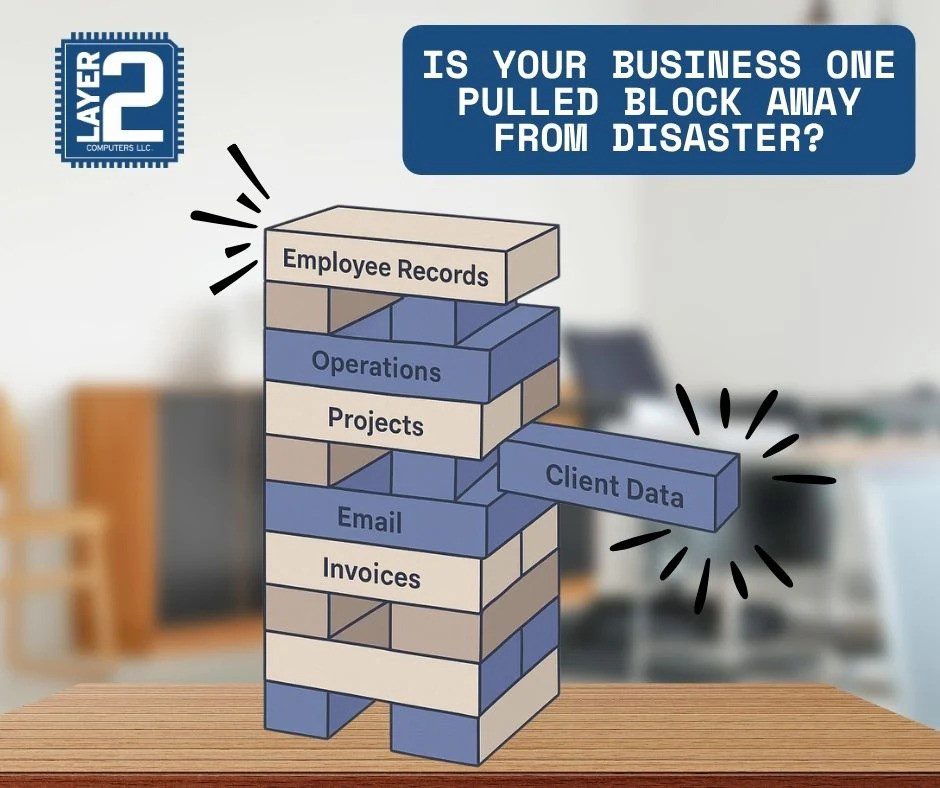In today’s digital-driven world, your technology isn’t just part of your business or home life—it is the backbone. When something goes wrong, productivity halts, communication breaks down, and stress levels spike. That’s where good IT support becomes invaluable.
Whether you manage a small business or want your personal devices to run reliably, understanding how to prevent problems (and get the right help when they occur) can save you time, money, and headaches.
Here are seven essential tips to keep your tech running at its best with the support of reliable IT professionals.
1. Prioritize Preventive Maintenance
The best IT support doesn’t just fix problems—it prevents them from happening in the first place. Regular system checkups catch issues like failing hard drives, outdated software, and security vulnerabilities before they turn into bigger, more expensive problems.
Preventive maintenance includes:
- Regular system updates and patches
- Cleaning out old files and applications
- Testing hardware performance
- Backing up critical data
Setting up a consistent maintenance schedule helps avoid costly downtime and ensures your computers, servers, and networks remain dependable.
2. Keep Software and Operating Systems Updated
It’s tempting to hit “remind me later” on software updates, but staying up to date is one of the simplest and most effective forms of IT support. Updates often contain critical security patches that protect you from cyberattacks, ransomware, and malware.
Delaying updates increases your risk of data breaches and performance issues. By making software updates a priority—or scheduling them automatically—you’ll protect your systems and extend their lifespan simultaneously.
3. Have a Trusted Team for Hardware Support
Hardware eventually fails. That’s a reality of technology. From broken screens to failing hard drives, having a reliable IT partner ready to handle physical repairs can get your system back up and running quickly.
If you’re dealing with broken devices, it’s wise to turn to professionals trained in laptop repair who can diagnose problems accurately and handle delicate components safely. Attempting to repair sensitive hardware yourself can often result in further damage and data loss.
4. Use Robust Cybersecurity Practices
Regardless of the size of your setup, security should never be an afterthought. A robust IT support plan includes proactive measures to safeguard your data and devices against cyber threats.
Best practices include:
- Using complex, unique passwords for each account
- Enabling multi-factor authentication (MFA)
- Installing reputable antivirus and anti-malware software
- Regularly monitoring network traffic for suspicious activity
Good IT support teams will also help train your staff (or household members) to recognize phishing attempts, which are one of the most common methods hackers use to gain access to systems.
5. Back Up Your Data in Multiple Locations
One of the worst feelings is realizing your only copy of a file has been lost due to a system crash, theft, or accidental deletion. Reliable IT support emphasizes the importance of regular backups—preferably with both local and cloud-based solutions.
A sound backup plan should include:
- Automated daily backups
- Testing backups regularly for integrity
- Storing at least one copy off-site or in the cloud
With a proper backup system, you can restore your data quickly after an outage or hardware failure, minimizing downtime and stress.
6. Document Your IT Systems and Policies
Organization is a surprisingly powerful form of IT support. When you maintain accurate records of your systems, settings, software licenses, and maintenance schedules, resolving problems becomes significantly faster.
Documentation should include:
- Network diagrams and device inventories
- User account lists and access permissions
- Software license keys and support contacts
- Maintenance logs and update histories
Having this information ready allows your IT support provider to resolve issues quickly and keeps your team informed about how your systems operate.
7. Build a Relationship With Local IT Professionals
Ultimately, the most effective way to ensure reliable technology is to establish a long-term relationship with a local IT support team. Instead of only calling for emergencies, having a consistent partner means they’ll know your systems, your goals, and your workflow.
Working with a dependable provider for ongoing PC Repair and network support ensures faster response times, more accurate troubleshooting, and personalized service that goes beyond one-off fixes.
Why Proactive IT Support Matters
Waiting until something breaks to call for help often leads to more extended downtimes, higher repair costs, and increased stress. Proactive IT support—such as regular maintenance, security planning, and reliable backup systems—prevents minor issues from escalating into major ones.
When systems run smoothly, employees work more efficiently, data stays safe, and technology supports your goals rather than getting in the way of them. A good IT strategy isn’t just about solving problems; it’s about helping you succeed.
Signs It’s Time to Upgrade Your IT Support
Even if you already have IT support, it’s worth asking if it’s really meeting your needs. Common signs it might be time to upgrade include:
- Frequent downtime or recurring issues
- Long wait times for responses
- Lack of proactive planning or security
- Poor communication or confusing pricing
Your IT provider should feel like a partner, not just a help desk. If they’re only reacting to problems instead of helping prevent them, it may be time to find someone who can offer more comprehensive support.
Final Thoughts
In an age where technology powers nearly everything we do, reliable IT support isn’t a luxury—it’s a necessity. From preventing downtime to safeguarding your data and keeping your systems performing at their best, it’s one of the smartest investments you can make.
By following these seven tips, you can protect your tech, reduce disruptions, and keep your business or household running smoothly. With the right IT support team by your side, your technology can go from a constant worry to one of your greatest strengths.



































